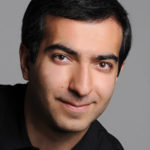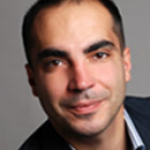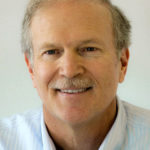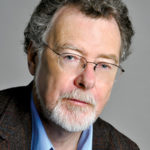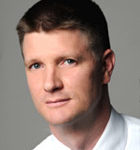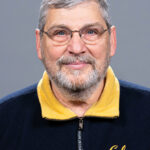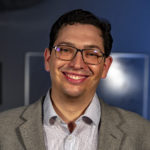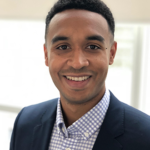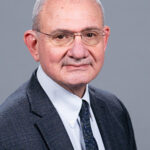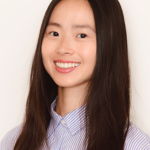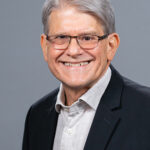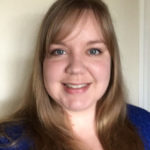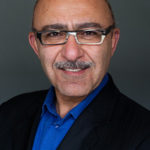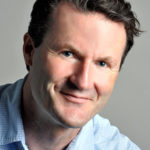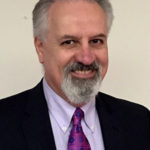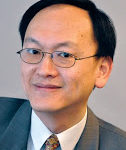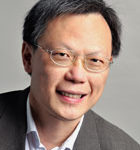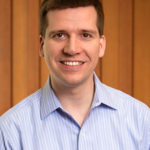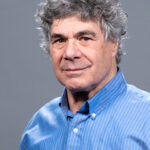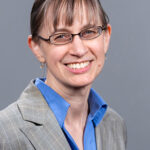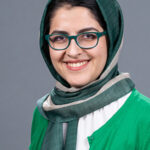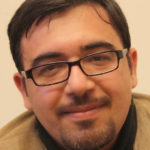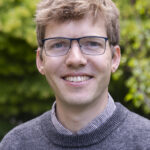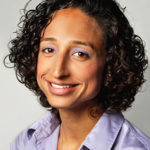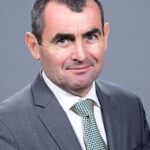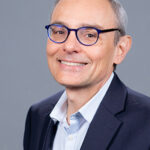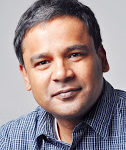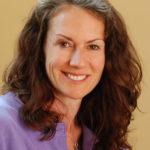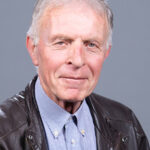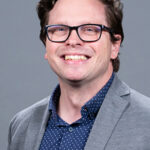American Bureau of Shipping Chair in Ocean Engineering
Vice Chair, Equity & Inclusion
Professor of Mechanical Engineering
American Bureau of Shipping Chair in Ocean Engineering
University of California, Berkeley
Berkeley, CA 94720-1740
reza.alam@berkeley.edu
(510) 643-2591
For more information see: TAF Lab
Current Classes Taught
Born in Yazd, a small historic city at the geographic center of Iran, Reza received his BSc in Mechanical Engineering and MSc in Applied Mechanics from Sharif University of Technology, Tehran, Iran. He then joined the Mechanical Engineering program at Massachusetts Institute of Technology, Cambridge, MA. He received his Master of Science in Mechanical Engineering in 2005, Ph.D. in Mechanical Engineering in 2008, and then served as a Postdoctoral associate (2008-2009) and Lecturer (2009-2011) at MIT. In July 2011 Reza joined the faculty of the University of California, Berkeley, CA, as an Assistant Professor of Mechanical Engineering.
Research Description:
Theoretical Fluid Dynamics, Nonlinear Wave Mechanics, Ocean and Coastal Waves Phenomena, Ocean Renewable Energy (Wave, Tide and Offshore Wind Energy), Nonlinear Dynamical Systems, Fluid Flow Control
Key Publications:
Publications in 2015
Jalali, M. A.; Khoshnood, A., and Alam, M.-R., “Microswimmer-Induced Chaotic Mixing“, Journal of Fluid Mechanics (2015), In Press, [PDF]
Zareei, A. and Alam M.-R., “Cloaking in Shallow Water Waves via Nonlinear Medium Transformation“, Journal of Fluid Mechanics (2015), Volume 778, pp. 273-287
Timmerberg, S, Börner, T., Shakeri, M., Ghorbani, R. and Alam M.-R., “The “Wave Bridge” For Bypassing Oceanic Wave Momentum“, Journal of Ocean Engineering and Marine Energy (2015), [PDF]
Couston, L. A., Mei, C. C., and Alam, M.-R. “Landslide Tsunamis in Lakes“, Journal of Fluid Mechanics, Volume 772 / June 2015, pp 784- 804. [PDF]
Nia, H. T., Jain, A. D., Liu, Y., Alam, M.-R., Barnas, R., and Makris N.C., “The evolution of air resonance power efficiency in the violin and its ancestors“ Proceedings of the Royal Society A: Mathematical, Physical & Engineering Sciences, A 471: 20140905. (2015). [PDF]
Börner, T., and Alam, M.-R. “Real Time Hybrid Modeling for Ocean Wave Energy Converters“, Renewable & Sustainable Energy Reviews, Vol. 43, pages 784–795, (2015).
Please visit the TAF Lab website for the previous years’ publications.


